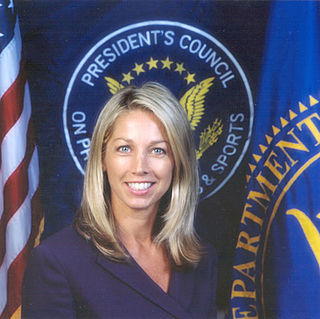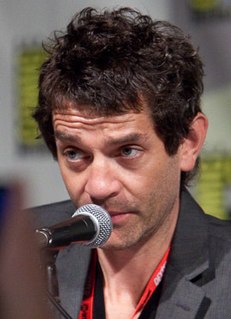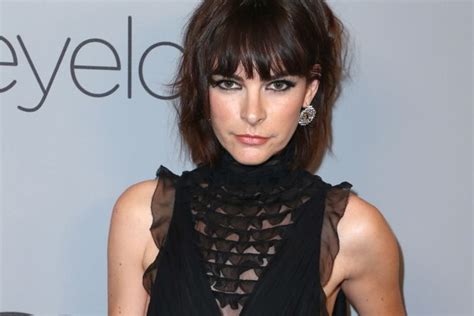A Quote by Jennifer McMahon
At the heart of every story is conflict - whether external or internal, make it a good one, and remember that this problem is going to shape your character, leaving her forever changed.
Related Quotes
If you have to become a filmmaker, find a story that takes you away, and tell that story. Don't think about whether it's going to sell, or whether it's going to make money, or whether it's going to appeal to distributors. Do something from the heart that really matters, and then you'll do something good.
No.” He wouldn’t lie about that. Not to her. And not because she’d rip him to pieces when she discovered the truth. “I can’t give you forever.” The nibbling increased in intensity, leaving a bead of blood in the center of her mouth. “Because we’re not a good match?” Of course she would remember every insult he’d ever thrown at her. “Yes.” “Then what can you give me?” “Here. Now.” Something his body craved more with every second that passed.
Every woman whether rich or poor, married or single, has a circle of influence within which, according to her character, she is exerting a certain amount of power for good or harm. Every woman, by her virtue or her vice, by her folly or her wisdom, by her levity or her dignity, is adding something to our national elevation or degradation. A community is not likely to be overthrown where woman fulfills her mission, for by the power of her noble heart over the hearts of others, she will raise that community from its ruins and restore it again to prosperity and joy.
It's often hard to determine, especially in early drafts, whether or not a story has a bona fide complication. Remember this: A complication must either illuminate, thwart, or alter what the character wants. A good complication puts emotional pressure on a character, promoting that character not only to act, but to act with purpose.If the circumstance does none of these things, then it's not a complication at all - it's a situation. This situation, or setup, might be interesting or even astonishing, but it gives the story no point of departure.
I'm not a big note-taker, so I think that the way I decide is that whatever I remember I always consider something that's important. If I remember a joke then I know it's a good joke, if I remember a story then I know it's a good story, and so that's how I curate what stories I'm going to write for the book. And I go over them again, make sure there's a theme and all that stuff, but mostly, it is intuition.
When you're on the street, and, as you're walking along, a woman turns the corner going away from you, and for an instant you have a glimpse of the side of her face, of the gesture of her shoulder, the shape of her body, and you are committed... You are in love for an instant, or your senses are rocked for an instant. That person then disappears and is lost to you forever.






































